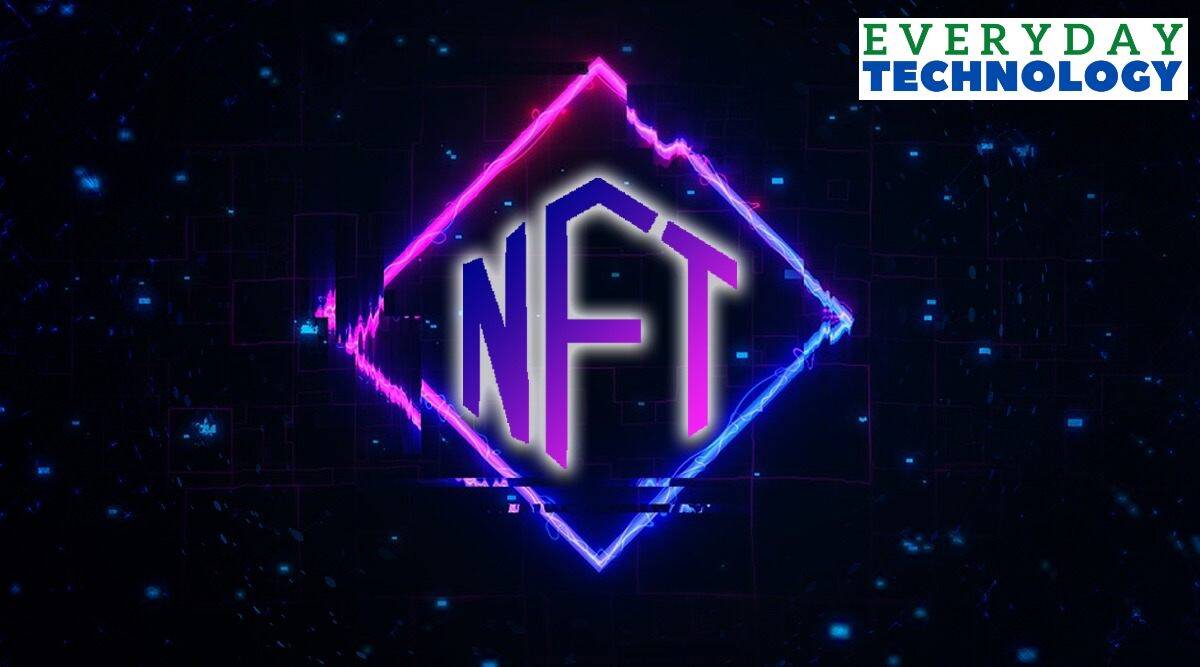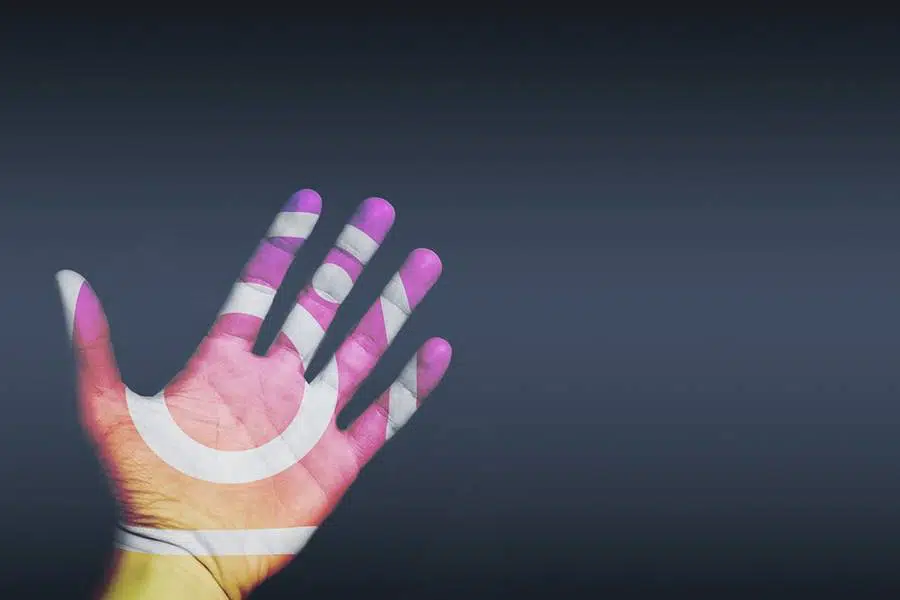Non-fungible tokens (NFTs) are digital assets that use blockchain technology to verify ownership and authenticity. While NFTs have been around for a few years, it is only recently that they have exploded in popularity, particularly in the realm of fashion. In this blog post, we will explore how NFTs are changing the way we think about fashion ownership.
The traditional fashion industry is based on a model of ownership, where consumers buy physical clothing items to own and wear. With NFTs, however, ownership is based on digital ownership. NFTs are unique digital assets that represent ownership of a specific item, such as a piece of virtual clothing or an entire virtual fashion show. These assets are stored on the blockchain, which provides a secure and transparent way to verify ownership.
1. Trading Virtual Clothes
One of the ways in which NFTs are changing the way we think about fashion ownership is by allowing consumers to buy and trade virtual clothing items. Consumers can purchase digital fashion items that they can use in online gaming, social media, or virtual worlds, and even resell them for a profit. This creates a new market for fashion items that exists entirely in the digital realm.
2. New Models for Fashion Ownership
NFTs offer new models for fashion ownership and consumption. With NFTs, consumers can own a piece of fashion in a way that is completely different from traditional ownership models. Rather than owning a physical object, they own a digital asset that represents ownership of a specific item. This has the potential to change the way we think about fashion ownership and consumption, as consumers are no longer limited to physical ownership.
3. Enabling Designers to Monetize
Another way in which NFTs are changing the way we think about fashion ownership is by enabling designers to monetize their work in new ways. By creating digital fashion items such as virtual clothing and accessories, designers can sell their creations as NFTs and earn significant revenue. This has created a new business model that is particularly appealing to emerging markets where traditional fashion models may not work.
4. Offers Authenticity
NFTs offer a new level of authenticity in fashion ownership. The traditional fashion industry is plagued by counterfeits, with many consumers unable to tell the difference between a fake and a genuine item. With NFTs, however, authenticity is guaranteed by the blockchain. Each NFT represents a unique digital asset that cannot be replicated or duplicated, ensuring that the item is authentic. Listing NFTs on a NFT marketplace enables designers to reach a larger audience.
In conclusion, NFTs are changing the way we think about fashion ownership by creating new models for ownership and consumption, enabling designers to monetize their work in new ways, and providing a new level of authenticity. As the popularity of NFTs continues to grow, we can expect to see even more innovative uses of this technology in the fashion industry. NFTs are transforming the fashion industry, and we can expect this trend to continue as more consumers embrace digital ownership models.



